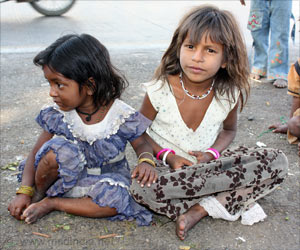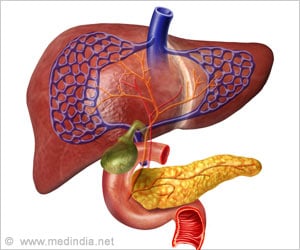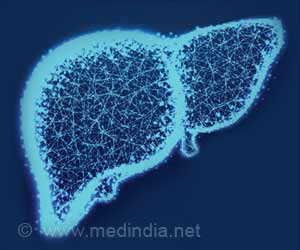A large-scale survey of rural India revealed that most of the people in rural India were at a higher risk of developing diabetes and cardiovascular diseases.
A large-scale survey of rural India by the George Institute for International Health revealed that most of the people in rural India were at a higher risk of developing lifestyle diseases like diabetes and cardiovascular diseases.
In a developing area of Andhra Pradesh, about 13 per cent of adults aged 30 or above were found to have diabetes and another 16 per cent with symptoms of pre-diabetes – research finds.Prior studies have highlighted the escalating problem of diabetes in urban India however, high quality information about health in rural areas is scarce. While the villages enrolled in this study are more developed than many rural regions, these results clearly indicate the new health problems that much of rural India will face in the coming decade.
Associate Professor Bruce Neal, a Senior Director at The George Institute explained that ‘These results confirm the speed with which health transition is occurring in even quite rural areas of India. The growth of conditions like diabetes is going to drive a huge increase in heart disease and stroke in regions that are not well equipped to deal with these diseases,’ he said.
Cardiovascular disease is the leading cause of death worldwide, accounting for more than 16 million deaths annually. The majority of these deaths now occur in developing countries. Because cardiovascular diseases occur earlier in life in developing regions, the economic impact is enormous. It is estimated these conditions will trim more that 1% from India's Gross Domestic Product (GDP) by 2015.
The George Institute study, conducted in 20 villages from the Godavari regions of Andhra Pradesh, sampled over 4,500 individuals. Of those with known diabetes, 67% were taking sugar lowering tablets, 3% were using insulin, and 46% were taking blood pressure lowering agents.
‘These relatively high levels of treatment suggest that, even in fairly poor rural settings, proven effective treatment is highly accessible. Low-cost strategies to improve detection and treatment rates could therefore produce substantial health benefits,’ added Professor Neal.
Advertisements
Source: Eurekalert











